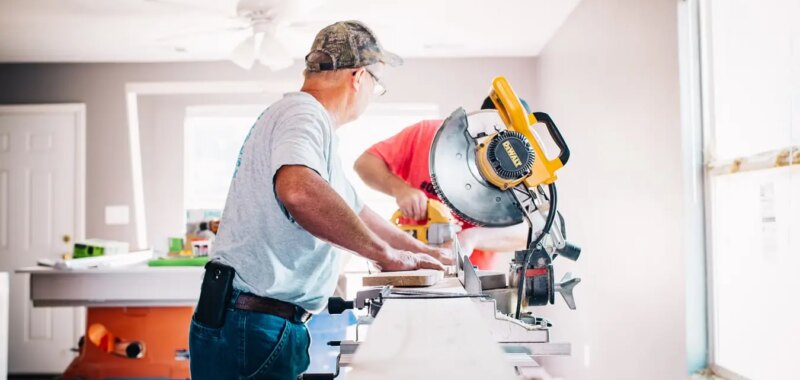The study surveyed 2,500 homeowners across four generations: Gen Z, millennials, Gen X and baby boomers, all equally represented in the results. While affordability is not a pronounced renovation concern for members of the baby boomer generation, quality of work remains a key concern keeping older homeowners on the proverbial sidelines for renovation projects.
“Baby Boomers are worried less about budget overruns than the other three generations, but all four groups ranked poor quality of work, budget overruns and hiring the wrong company/contractor in the top three,” the results said.
All four generations agreed that the biggest obstacle to beginning home renovation projects is “finding qualified and trustworthy companies/contractors,” with the most important factors to all generations for such projects being ““transparency in pricing” and “level of service,” respectively.
Baby boomers are far less concerned than the other three generations about the affordability of such projects, and more than half of all survey respondents said they would fund renovation projects from savings. Baby boomers led the way in this respect, with 60% of boomer respondents saying savings would be the primary funding source for renovations.
Younger generations said they would use other sources including credit cards or a second job (Gen Z), a home equity line of credit (HELOC, Gen X) or a personal loan (millennials).
Home prices and mortgage rates also factored into the perspectives of those planning for home renovation projects. 46% of millennials and 44% of Gen Z’ers said that these attributes make them feel “stuck” in their current homes, while only 38% of Gen X’ers and 29% of baby boomers responded similarly.
Of all the surveyed generations, baby boomers feel the most confident (39%) that they can afford an emergency home improvement or renovation project costing $5,000. Gen Z’ers were the least confident (14%), and 25% of all cohorts collectively had such confidence.
Recent tabulations by Freddie Mac, the National Reverse Mortgage Lenders Association (NRMLA) and data analytics firm RiskSpan may shed some light on the confidence of baby boomers to afford such projects. Based on Federal Reserve data, Freddie Mac estimated that older homeowners are sitting on as much as $17 trillion in housing wealth, or roughly 50% of all U.S. home equity.
That figure of $17 trillion held by homeowners born in or before 1964 is a higher estimate than that of NRMLA and RiskSpan, which most recently pegged the total home equity held by homeowners 62 and older at $14 trillion at the end of Q3 2024.

